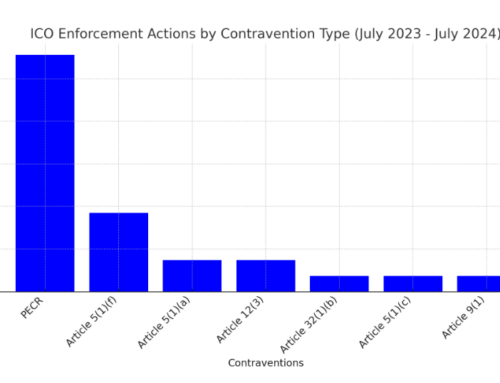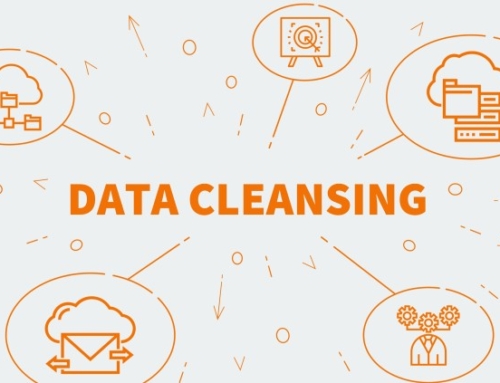According to an article recently published in Third Sector Magazine a “significant number” of charities are sending fundraising communications to members of the public even after requests to stop, the Fundraising Regulator has said.
The regulator made the statement after a review of the Fundraising Preference Service (FPS), which was set up in the aftermath of the Olive Cooke case, which tragically saw the 92-year-old life-long charity supporter take her own life due to a deluge of charity donation requests. The FPS provides members of the public with a way to ask charities to stop contacting them with requests for donations.
The Fundraising Regulator said it was writing to those charities which are not responding to public requests and telling them they need to act.
Subodh Patel, FPS manager at the Fundraising Regulator, wrote: “We found a significant number of charities which are already set up on the FPS charity portal but are not acting on requests to stop direct marketing communications.”
Patel said non-compliance with FPS rules could be a result of the Covid-19 crisis and the number of charity staff put on furlough but warned charities that did not log on to the FPS and act on requests risked breaching fundraising regulations and data protection law, “all of which is a serious matter”.
He said: “Now that much of this upheaval has ended, making sure you are accessing FPS requests when needed should be a priority.”
Earlier this year, the Fundraising Regulator identified 12 charities that had not responded to suppression request made through FPS, including the Church of Jesus Christ and Latter-day Saints, Sistah Space and Meningitis Help.
With the cost-of-living crisis beginning to take its toll on donations charities can ill afford to alienate existing or potential donors. Data hygiene should therefore be high on any fundraiser’s agenda – making sure that the DM budget is being maximised by eliminating wastage – for instance not sending mail packs to people that have asked to be removed from the database and by removing anyone that has passed away (deceased suppression), moved house (goneaway suppression) or appears on the database multiple times (deduplication). Our award-winning suite of suppression solutions enables charities to do just this – in a way that suits them best – in the cloud, on a desktop or within Microsoft Dynamics 365. Please get in touch to find out more!!





